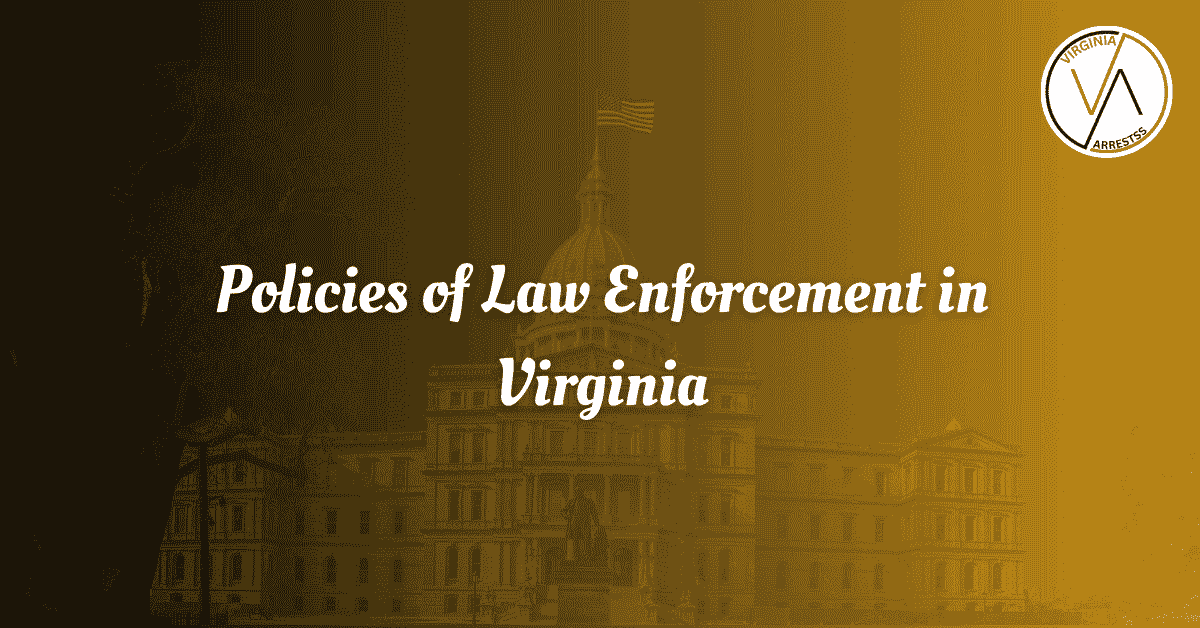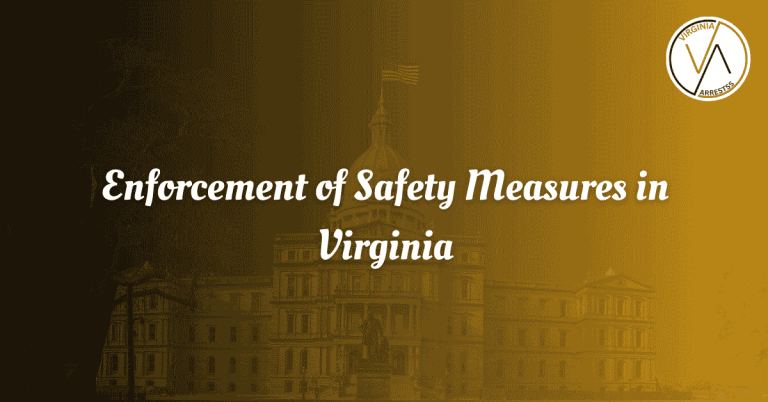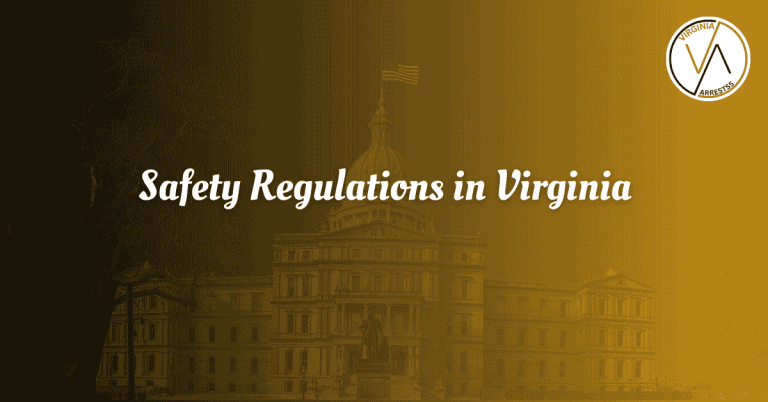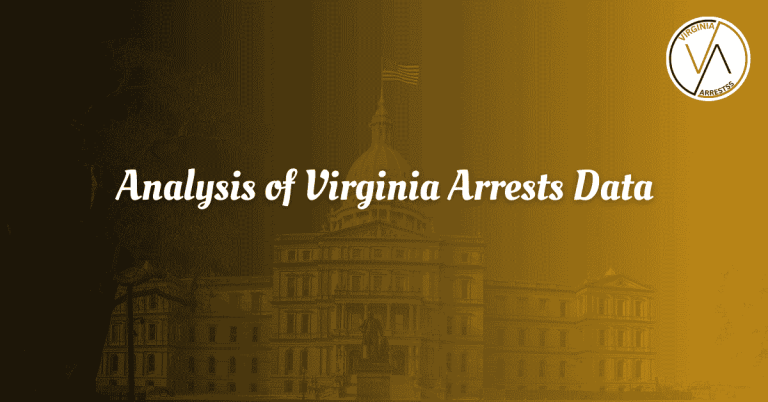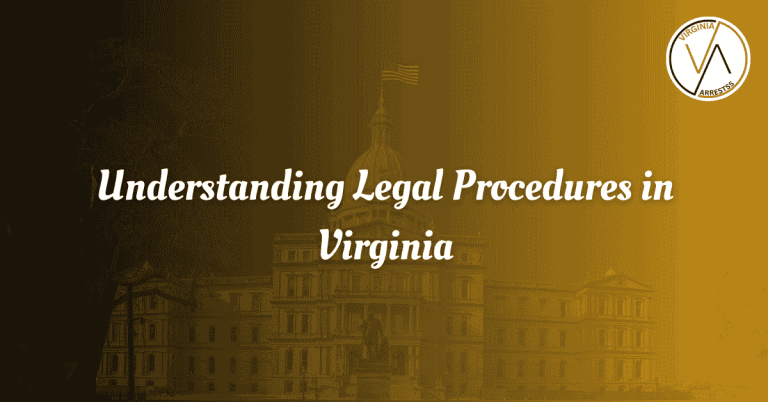Policies of Law Enforcement in Virginia
Law enforcement policies in Virginia play a crucial role in maintaining public safety and upholding the rule of law in the state. These policies are designed to guide law enforcement officers in their duties, ensuring that they carry out their responsibilities with professionalism and integrity. By adhering to these policies, law enforcement agencies in Virginia strive to protect and serve the community, fostering trust and cooperation between officers and residents.
From use of force protocols to community policing initiatives, the policies governing law enforcement in Virginia cover a wide range of areas. These policies are continuously reviewed and updated to reflect current best practices and evolving societal needs. By following these guidelines, law enforcement agencies in Virginia aim to enhance their effectiveness in addressing crime and maintaining public order, ultimately contributing to the overall well-being of the state’s residents.
Overview of Law Enforcement Policies in Virginia
Virginia, a state known for its rich history, also has a robust set of law enforcement policies in place to ensure the safety and security of its residents. These policies encompass a wide range of regulations and procedures that guide law enforcement officers in their daily duties.
Importance of Regulations for Safety and Security
The regulations set forth by law enforcement agencies in Virginia play a critical role in maintaining safety and security within the state. These regulations help to prevent crime, protect citizens, and uphold the rule of law.
Evolution of Law Enforcement Policies in Virginia
Over the years, law enforcement policies in Virginia have evolved to adapt to changing societal needs and advancements in technology. These changes have led to more effective and efficient policing strategies that better serve the community.
Impact of Policies on Crime and Security
The implementation of strong law enforcement policies in Virginia has had a significant impact on reducing crime rates and enhancing overall security within the state. By enforcing these policies, law enforcement agencies can effectively deter criminal activities and maintain order.
Role of Individuals in Upholding Law Enforcement Regulations
While law enforcement agencies are responsible for enforcing regulations, individuals also play a crucial role in upholding these policies. Citizens are encouraged to comply with laws, report suspicious activities, and cooperate with law enforcement officers to ensure the safety of their communities.
Benefits of Educating Citizens on Law Enforcement Policies
Educating citizens on law enforcement policies is essential for fostering a sense of transparency and trust between the community and law enforcement agencies. By promoting awareness and understanding of these policies, residents can better collaborate with officers to maintain a safe environment.
Collaboration between Officers and Community for Effective Enforcement
A collaborative relationship between law enforcement officers and the community is crucial for effective enforcement of policies in Virginia. By working together, both parties can address security concerns, prevent crime, and build a stronger, more resilient community.
Ensuring Fairness and Justice in Law Enforcement Practices
Ensuring fairness and justice in law enforcement practices is a core principle in Virginia. By upholding ethical standards and treating all individuals with respect and equality, law enforcement agencies can build trust within the community and promote a sense of justice for all.
Frequently Asked Questions
Our Frequently Asked Questions section aims to provide detailed answers to common queries regarding Policies of Law Enforcement in Virginia.
What are the main responsibilities of law enforcement in Virginia?
In Virginia, law enforcement agencies are responsible for maintaining public safety, enforcing laws, preventing crime, and conducting investigations. They work to protect the rights and property of individuals while upholding the rule of law.
How are law enforcement officers trained in Virginia?
Law enforcement officers in Virginia undergo rigorous training programs that cover various aspects of law enforcement, including legal procedures, use of force, conflict resolution, and community relations. Training typically includes classroom instruction, physical fitness training, and on-the-job experience.
What is the process for reporting a crime in Virginia?
If you need to report a crime in Virginia, you should contact your local law enforcement agency or call 911 in case of an emergency. Provide as much information as possible, such as the location of the incident, descriptions of individuals involved, and any other relevant details.
How does law enforcement handle cases of domestic violence in Virginia?
Law enforcement agencies in Virginia take cases of domestic violence seriously and have specialized units to handle such incidents. They work to protect victims, gather evidence, and hold perpetrators accountable through legal action. Support services are also available for victims of domestic violence.
Can VA cops search without a warrant?
In most cases, law enforcement officers in Virginia are required to obtain a warrant before conducting a search. However, there are exceptions to this rule, such as when there is probable cause or exigent circumstances. It is important to understand your rights regarding search and seizure laws in Virginia.
How can I file a complaint against a law enforcement officer in Virginia?
If you have a complaint against a law enforcement officer in Virginia, you can typically file a report with the internal affairs division of the relevant agency. It is important to provide detailed information and any evidence to support your complaint. The agency will investigate the matter and take appropriate action if necessary.

